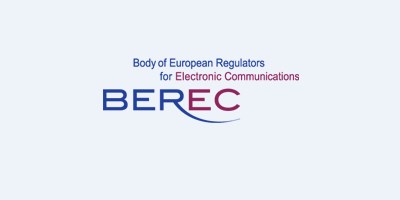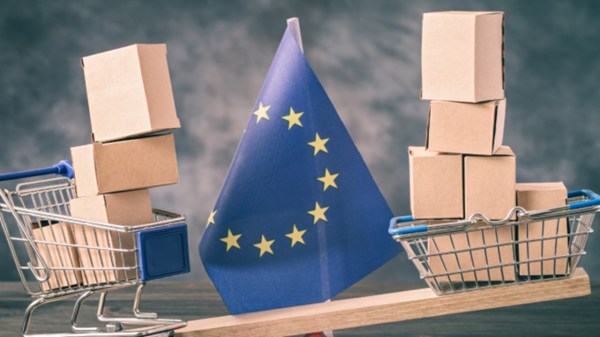 Enrique Medina
Enrique Medina

We have submitted our contribution to the public consultation of BEREC, the Body of European Regulators for Electronic Communications, on its proposed “Guidelines on the Implementation by National Regulators of European Net Neutrality Rules“.
These guidelines – foreseen in the EU Open Internet Regulation adopted in the autumn 2015 – aim to harmonise the way in which National Regulatory Authorities implement the tasks that the Regulation entrusts to them, essentially monitoring and enforcement. They should be ready by 30th August this year.
The consultation, which has been much awaited by the sector, has received an impressive response from the industry and civil society; an unusual number of individuals and companies had their say!
But however vibrant the debate might be, the truth that everyone should accept is that these Guidelines should not impose new regulations for Network Neutrality. Net neutrality is guaranteed in Europe by the EU Open Internet Regulation which sets out the rules, limits, rights and obligations of the parties involved – it is the law that defines the scope within which the National Authorities should operate.
The purpose of these Guidelines, which the EU Regulation entrusts BEREC to produce, is to contribute to the consistent application of the Regulation across the EU. They should not result in a rewriting of the EU Regulation, to something that is more restrictive and static than foreseen in the legal text. We must remember that the EU Regulation was written cognisant of the challenge of applying the rules without undermining innovation, in such a dynamic and changing environment. That goal should not be undermined.
That said, we should all be interested in ensuring that the rules are implemented for the benefit of consumers. We believe that a more proportionate Guidelines should contribute to achieve European leadership in the digital transformation of the economy by providing room for commercial and technical innovation around the Internet and any other future services other than Internet, whether e-health, connected cars, etc.
It should be concern and wake-up call for BEREC when the European Automobile Manufacturers Association (CLEPA) and the European Association of Automotive Suppliers (ACEA) are claiming in its joint response to the public consultation: “We therefore urge that the final draft of the Implementation Guidelines for the Open Internet Regulation reflect an understanding of the specific network-management needs of connected and automated driving. We are concerned that the current draft lacks the necessary flexibility and predictability”.
As the European automotive industry we are convinced that an environment that is flexible, which allows innovation and experimentation, will create major long run benefits for Europe and for consumers.
Network investment is focused increasingly on optimisation of performance for specific end user needs. The aim of new technologies, such as 5G, is to allocate network resources to specific use cases, user classes or even individual users, such as the emergency services. Dynamic, real-time, optimisation of network performance to specific uses allows resource efficiencies to be passed onto all end users, including those using the Internet.
BEREC should avoid the mistake of drawing up guidelines based on today’s technology and in so doing, remove the incentive to innovate and ossify today’s network architecture for the foreseeable future.
We trust that guided by the responses to the consultation, BEREC will align the scope of its Guidelines to that foreseen by the legislation. That would allow maintaining the incentives to innovate and invest in new network services that are required to meet the challenge and the ambitions of the so-called European Gigabit Society as well as to the ambitions for Europe to lead the transformation of our digital society.
Let’s hope it will be like that. Otherwise the ones who will be losing out due to less choice, quality and innovative services will be the European consumers.








